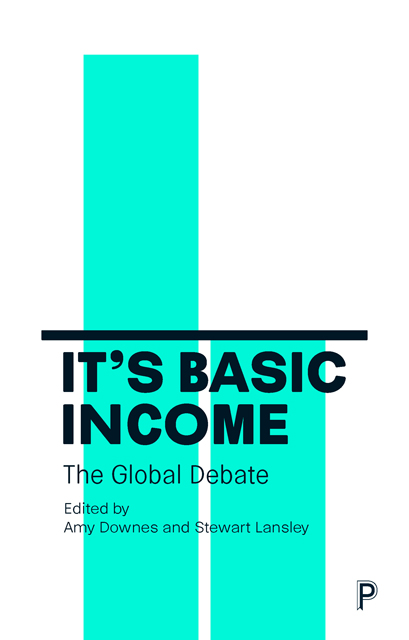14 - What we talk about when we talk about work
Published online by Cambridge University Press: 11 April 2023
Summary
‘A guaranteed, subsistence-level income would end extreme poverty and allow people time to look for meaningful work instead of relying on jobs that are short-term, insecure and exploitative.’
‘What do you do?’ I could give a lot of answers to this question. I cook. I grow vegetables. I campaign for a political party. I write poetry and then put it away in a drawer. But the question really meant by these words is ‘What do you get paid to do?’
Most of us define ourselves by our paid work. It’s what we spend more time doing than anything else. And the rest of our time is often defined by work: travelling to it, recovering from it, or lapsing into total lethargy during holidays as a reaction to it. Yet a 2013 Gallup poll of 142 countries showed that only 13% of people feel engaged by their jobs.
This source of unhappiness and waste of human potential has led some to argue that the ideal would be to abolish work. This may be taking things a little far, even if we take ‘work’ to mean only ‘paid employment’ – I wouldn’t like to abolish doctors, for instance. Nevertheless, it gets us thinking about what work really is.
Until the industrial revolution, most people were subsistence farmers, working to produce what they needed and no more. Work as a transaction – time in exchange for money – only became widespread with industrialisation and the mass movement of people into the cities in the 19th century. There, people had no access to land to provide their food, so were forced to ‘earn their living’ in factories, gaining only a fraction of the fruits of their labour as reward.
Though working conditions in the UK have improved dramatically, this state of affairs remains fundamentally the same for employees today. The idea that your ‘living’ is something you have to ‘earn’ persists, for the most part quite unchallenged. Yet many people would freely admit that they see their job as essentially pointless. Phrases like ‘earning a living’ and, more recently, ‘hardworking families’ or the rhetorical division of citizens into ‘strivers’ and ‘skivers’ reinforce the view that paid employment is a virtue, and the more hours of it you do, the better.
- Type
- Chapter
- Information
- It's Basic IncomeThe Global Debate, pp. 77 - 81Publisher: Bristol University PressPrint publication year: 2018



